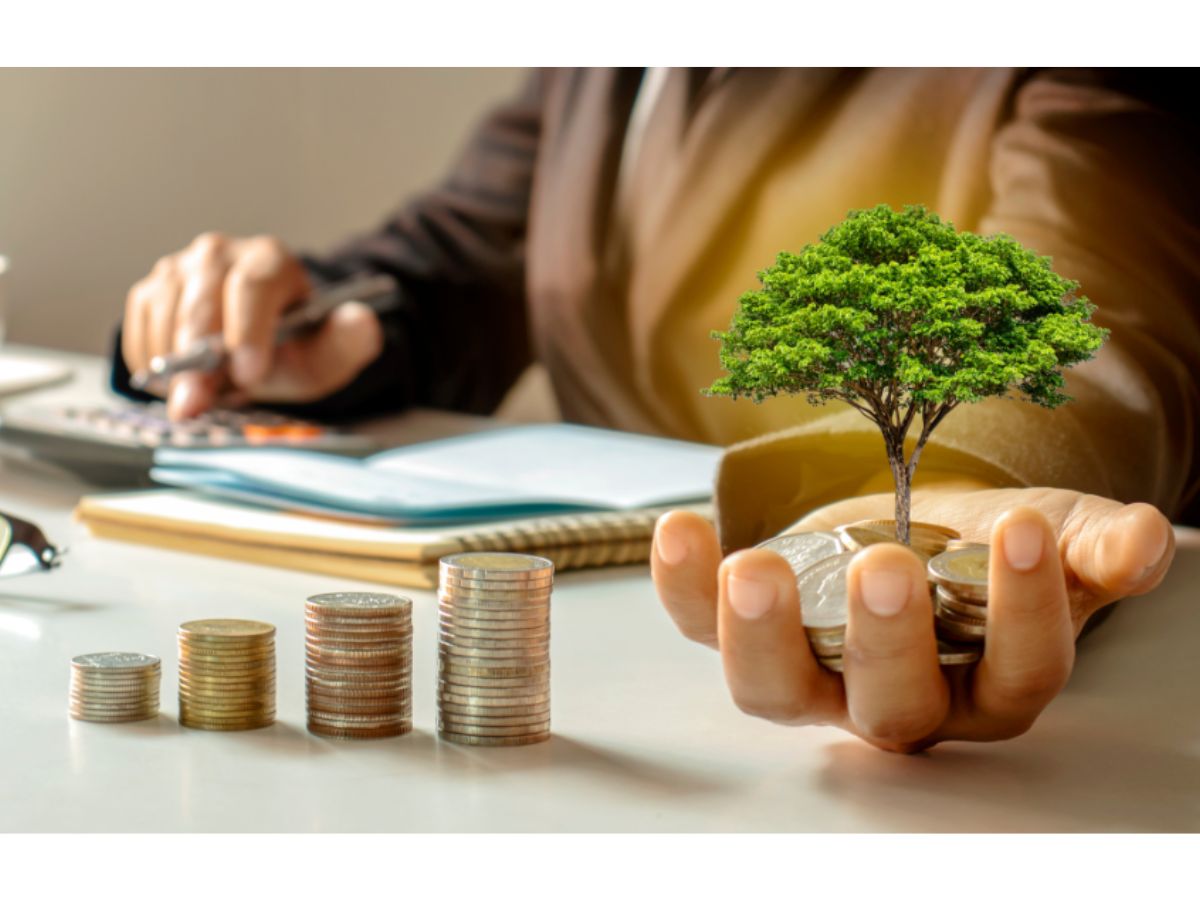The era of isolationism is long over: Mr. Abdulla Shahid, President of the 76th Session of the UN General Assembly and the Foreign Minister of Maldives at the World Sustainable Development Summit
Feb 19, 2022

New Delhi [India], February 19 (ANI/NewsVoir): Making an emphatic pitch for multilateralism at the World Sustainable Development Summit (WSDS) 2022 in New Delhi on Friday, Abdulla Shahid, President of the 76th session of the UN General Assembly and the Foreign Minister of Maldives asserted that the era of isolationism is long over.
"We will not succeed if we ignore the world around us, if we prioritize one region or issue over others, or if we neglect marginalized and vulnerable communities. We must breathe new life into multilateralism and shape it so that everyone benefits," Shahid said at the valedictory session on 'Collective Action for Ensuring a Sustainable and Equitable Future' at The Energy and Resources Institute's (TERI) annual flagship Summit. Watch the session here.
Shahid called upon the international community to "Support initiatives to provide debt relief to economically vulnerable countries such as SIDS, LDCs, and LLDCs; to support industries crucial to their economic well-being, such as tourism; and to strengthen global regimes for development cooperation and assistance."
COP 26, said Shahid, did not meet expectations, but there is ground for cautious optimism, he added. "Much more political will and cooperation will be required to enhance the ambition for rapid emission reductions over the coming decade to avoid dangerous levels of climate change," said Shahid.
The Act4Earth initiative which seeks to continuously engage with stakeholders across the board on issues related to sustainable development and climate action was launched at the WSDS and will have two components: COP Compass and SDG Charter. "The COP Compass will be engaged in research on climate negotiations and action as well as on the Global Commons," said Anuradha Mathur, Associate Fellow, TERI. The SDG Charter will work on areas of sustainable development, inclusive energy transitions and mainstreaming SDGs through policy briefs and policy dialogues as well as management development programmes.
Two documents associated with the initiative - the Act4Earth Strategy Paper and Act4Earth Manifesto - were released during the session. The Act4Earth Strategy Paper aims to drive ambitious and urgent action on climate change and sustainable development through knowledge, dialogue and capacity building. The Act4Earth Manifesto is a nine-point roadmap to keeping the planet healthy. "The Act4Earth Manifesto is informed by the discussions at WSDS," said Nivedita Cholayil, Research Associate, TERI.
Chairing the session, Nitin Desai, Chairman and Governing Council, TERI, said, "Today every company dealing with fossil fuels is trying to get out of fossil fuels. In order to deal with the challenge of sustainability, it is important to get the corporations, trade unions and local authorities on board. The WSDS brings these entities together - to talk and explain to each other aspects of sustainability."
In her address, Kathleen McGinty, Vice President and Chief Sustainability Government and Regulatory Affairs Officer, Johnson Controls said, "Equity and care for each other is the pressing business we are called to attend." Commenting on TERI's expansive role in driving conversations on sustainability, McGinty said, "TERI uniquely brings together the whole spectrum - from research to technology to action."
In his address, Manjeev Singh Puri, Distinguished Fellow and former diplomat, observed that, "TERI has done yeoman service for India, the developing world and the globe at large." Dr Shailly Kedia, Senior Fellow, TERI pointed out that WSDS 2022 had over 12,000 registered participants from 143 countries. In her address, Dr Vibha Dhawan, Director General, TERI, expressed the hope that WSDS 2023 will be held in-person or at least in a hybrid mode. "Initiatives such as the Act4Earth stress on continuing engagement with stakeholders round the year on issues of sustainability," observed Dr Dhawan.
WSDS 2022 was supported by a host of partners including the Ministry of Environment, Forest and Climate Change; the Royal Norwegian Embassy, New Delhi; Bloomberg Philanthropies; Tata Capital; Rockefeller Foundation; The Federal Ministry for the Environment, Nature Conservation, Nuclear Safety and Consumer Protection, Federal Republic of Germany; International Climate Initiative; Climate Works Foundation; The World Bank; European Union; GIZ; auctusESG; British High Commission; Climate Group; Climate Trends; IFAT India; Kaizzen; NRDC; Outlook Group; Protect Our Planet; TERI School of Advanced Studies; The Food and Land Use Coalition; UNICEF and World Sustainable Development Forum.
The Energy and Resources Institute (TERI) is an independent, multi-dimensional research organization, with capabilities in policy research, technology development, and implementation. Headquartered in New Delhi, TERI has regional centres and campuses in Gurugram, Bengaluru, Guwahati, Mumbai, Panaji, and Nainital, supported by a multi-disciplinary team of scientists, sociologists, economists, engineers, administrative professional and state-of-the-art infrastructure.
This story is provided by NewsVoir. ANI will not be responsible in any way for the content of this article. (ANI/NewsVoir)




















